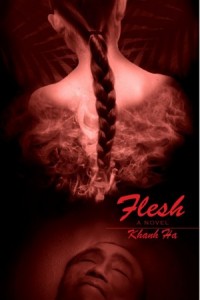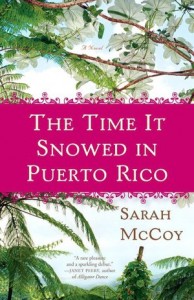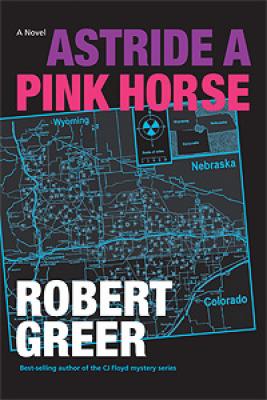
“He could not tell which one was my father’s as he passed under the banyan tree. Those were the same heads he saw in the rattan baskets, but now they had no eyes, only black sockets with grubs crawling in them. He spotted a hole bored under each jaw, and a rod was pierced through it to the top of the skull and into a limb. The heads looked out in different directions, and in the early morning light they bore a pinched look neither of hurt nor sorrow.” (page 18)
Each chapter reads like a short story, a memory recalled by Tai about his journey and the impact is at once immediate and lasting. Readers are piggybacking on Tai’s shoulders as he runs through the jungles of Tonkin and the streets of Hanoi as the dark, mysterious Frenchman chases him and he bumps into Xiaoli, a young Chinese girl working in an opium den. Ha’s prose is poetic as it paints the scene in which you can smell the opium, see and hear the brown of Tai’s village and the busy streets of Hanoi, and feel the delirium of smallpox or his pulse quicken as he begins to fall in love.
“The bank was steep. I was a salamander, half naked, creeping on the clay soil, seizing knotty vines that bulged across the incline. The dark odor of sundered organics. Lying flat on the ridge of the bank, I felt unusually warm, and then a suffocating heat hazed my eyes.” (page 42)
Tai’s journey is through darkness and fear, and Ha raises questions of nurture vs. nature — whether we are only who we are because of who our parents were or the circumstances in which we were raised. From the atmosphere to the myths and legends, Ha generates a novel that will capture readers from the beginning, but there are times when the dialogue is a bit trite and wooden. However, as there is little dialogue per se and that dialogue is often between characters that know little of the other’s language, it can be forgiven.
Flesh by Khanh Ha is a stunning debut novel that showcases the writer’s ability to become a young male narrator whose view of the world has been tainted by his life circumstances and tragedy, but who has the wherewithal to overcome and become a better man. Through a number of twists and turns, Tai must come to terms with the loss of his father, his obligations as the remaining male member of his family to care for his mother, and the secrets that his culture and family hide.

Khanh Ha was born in Hue, the former capital of Vietnam. During his teen years he began writing short stories which won him several awards in the Vietnamese adolescent magazines. He graduated from Ohio University with a bachelor’s degree in Journalism. Flesh is his first novel. He is at work on a new novel.
Visit the author at his website.


 Revenge (6:1 Series, Volume 2) by Janel Gradowski is even more well crafted than the first volume of short stories and flash fiction, beginning and ending with a wallop. Once again there are six stories in this collection: “Persistent Foe,” “Kaboom,” “Check Out,” “Inconvenience,” “Anniversary,” and “Addendum.” Some are longer than others, but each is well paced, with only one typical revenge story — “Kaboom.”
Revenge (6:1 Series, Volume 2) by Janel Gradowski is even more well crafted than the first volume of short stories and flash fiction, beginning and ending with a wallop. Once again there are six stories in this collection: “Persistent Foe,” “Kaboom,” “Check Out,” “Inconvenience,” “Anniversary,” and “Addendum.” Some are longer than others, but each is well paced, with only one typical revenge story — “Kaboom.”
 Haunted (6:1 Series, Volume 1) by
Haunted (6:1 Series, Volume 1) by  About the Author:
About the Author:
 About the Author:
About the Author:
 About the Author:
About the Author:
 About the Author:
About the Author:






 About the Author:
About the Author:


